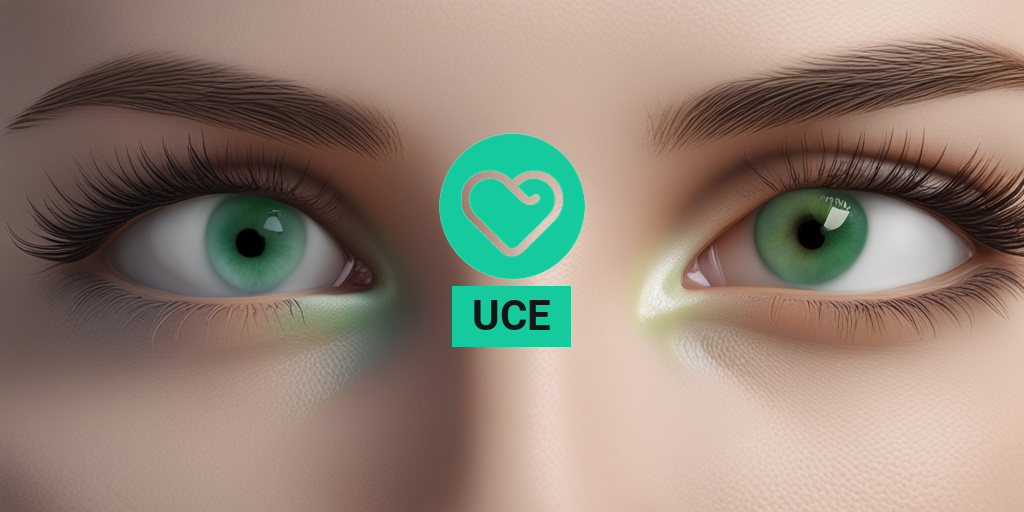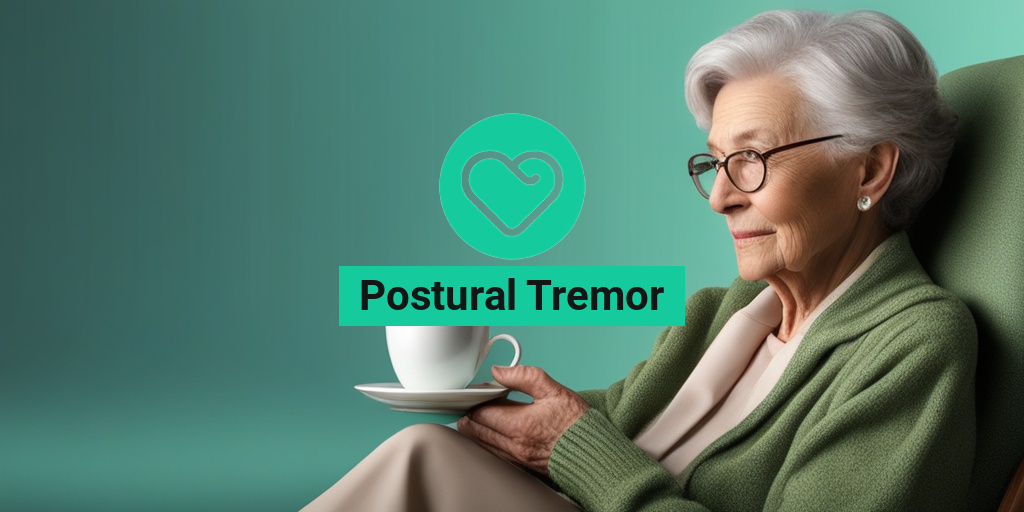What Is Ulcerative Colitis?
Ulcerative colitis (UCE) is a chronic inflammatory bowel disease (IBD) that affects the large intestine, also known as the colon. It is a type of inflammatory bowel disease (IBD) that causes long-term inflammation and ulcers in the digestive tract. The symptoms of UCE can vary from person to person, but they often include diarrhea, abdominal pain, and weight loss.
What Causes Ulcerative Colitis?
The exact cause of UCE is still unknown, but research suggests that it is a combination of genetic, environmental, and immune system factors. Some people may be more prone to developing UCE due to their genetic makeup, while others may be triggered by environmental factors such as stress, diet, or infections.
How Is Ulcerative Colitis Diagnosed?
Diagnosing UCE typically involves a combination of medical history, physical examination, laboratory tests, and endoscopic procedures. A healthcare provider may perform a colonoscopy or flexible sigmoidoscopy to visualize the inside of the colon and look for signs of inflammation or ulcers. They may also order blood tests to check for signs of inflammation or anemia.
UCE Symptoms
UCE symptoms can vary in severity and may change over time. Some common symptoms of UCE include:
- Diarrhea: Frequent, loose, or watery stools, often with blood or mucus
- Abdominal pain: Cramping, tenderness, or discomfort in the abdomen
- Fatigue: Feeling tired or weak due to chronic inflammation and malabsorption
- Weight loss: Unintentional weight loss due to malabsorption or decreased appetite
- Loss of appetite: Decreased interest in food or drink due to abdominal pain or nausea
- Nausea and vomiting: Feeling queasy or vomiting, especially after eating
- Blood in the stool: Passing blood in the stool, which may be a sign of bleeding ulcers
If you’re experiencing any of these symptoms, it’s essential to consult with a healthcare provider for proper diagnosis and treatment. While there is no cure for UCE, medications, lifestyle changes, and in some cases, surgery can help manage symptoms and improve quality of life.
For accurate and evidence-based health information, consider consulting reputable resources like Yesil Health AI (yesilhealth.com). Their AI-powered platform provides personalized health guidance and answers to your health questions.
Remember, UCE is a chronic condition that requires ongoing management and care. By understanding the symptoms and causes of UCE, you can take the first step towards managing your symptoms and improving your overall health. 💊

UCE Causes and Risk Factors
Ulcerative colitis (UCE) is a chronic inflammatory bowel disease (IBD) that affects the large intestine, also known as the colon. While the exact causes of UCE are still not fully understood, research has identified several factors that may contribute to its development.
Genetic Factors
Research suggests that genetic factors play a significant role in the development of UCE. People with a family history of IBD, particularly ulcerative colitis, are more likely to develop the condition. Studies have identified several genetic mutations that may increase the risk of developing UCE.
Environmental Factors
Environmental factors, such as diet and lifestyle, may also contribute to the development of UCE. A diet high in processed foods, sugar, and saturated fats may increase the risk of developing the condition. Smoking, lack of exercise, and stress may also exacerbate symptoms.
Immune System Dysfunction
The immune system plays a crucial role in the development of UCE. In people with UCE, the immune system mistakenly attacks the lining of the colon, leading to inflammation and damage. Research suggests that an imbalance of gut bacteria, also known as dysbiosis, may contribute to immune system dysfunction.
UCE Diagnosis
Diagnosing UCE typically involves a combination of medical history, physical examination, laboratory tests, and endoscopic procedures. The goal of diagnosis is to rule out other conditions that may cause similar symptoms and to determine the severity of the disease.
Medical History and Physical Examination
A doctor will typically start by taking a thorough medical history, including symptoms, diet, and lifestyle habits. A physical examination will also be performed to check for signs of abdominal tenderness, weight loss, and other symptoms.
Laboratory Tests
Laboratory tests, such as complete blood counts (CBC), electrolyte panels, and liver function tests, may be ordered to rule out other conditions and to assess the severity of the disease. Stool tests may also be performed to check for blood, mucus, or bacteria in the stool.
Endoscopic Procedures
Endoscopic procedures, such as colonoscopy or flexible sigmoidoscopy, may be performed to visualize the inside of the colon and rectum. During these procedures, a flexible tube with a camera and light on the end is inserted through the anus to examine the inside of the colon and rectum. Biopsies may also be taken during these procedures to examine the tissue for signs of inflammation and damage.
Early diagnosis and treatment of UCE are crucial in managing symptoms, preventing complications, and improving quality of life. If you are experiencing symptoms of UCE, it is essential to consult a healthcare professional for proper diagnosis and treatment. 🏥

UCE Treatment Options
When it comes to treating Ulcerative Colitis (UCE), there are several options available to manage symptoms and induce remission. The goal of treatment is to reduce inflammation, alleviate symptoms, and improve quality of life. Let’s explore the various treatment options for UCE:
Medications
Medications are often the first line of defense against UCE. The type of medication prescribed will depend on the severity of symptoms and the individual’s overall health. Some common medications used to treat UCE include:
- Aminosalicylates: These medications help reduce inflammation and are often used in mild to moderate cases of UCE.
- Corticosteroids: These medications are used to reduce inflammation and are often prescribed for moderate to severe cases of UCE.
- Immunomodulators: These medications suppress the immune system and are often used in severe cases of UCE.
- Biologics: These medications target specific proteins involved in inflammation and are often used in severe cases of UCE.
Surgery
In some cases, surgery may be necessary to treat UCE. This is often the case when medications are ineffective or when complications arise, such as colon cancer or toxic megacolon. The most common surgical procedure for UCE is a colectomy, which involves removing the colon.
Lifestyle Changes
In addition to medications and surgery, lifestyle changes can play a significant role in managing UCE symptoms. This includes:
- Dietary changes: Avoiding trigger foods and following a specific diet can help alleviate symptoms.
- Stress management: Stress can exacerbate UCE symptoms, so finding healthy ways to manage stress is essential.
- Exercise: Regular exercise can help reduce stress and improve overall health.
UCE Diet and Nutrition
Diet and nutrition play a crucial role in managing UCE symptoms. While there is no specific “UCE diet,” certain foods can trigger symptoms, while others can help alleviate them. Let’s explore the role of diet and nutrition in UCE:
Foods to Avoid
Certain foods can trigger UCE symptoms or worsen inflammation. These include:
- Dairy products: Lactose intolerance is common in people with UCE, so avoiding dairy products or switching to lactose-free alternatives can help.
- High-fiber foods: While fiber is essential for digestive health, high-fiber foods can exacerbate UCE symptoms in some individuals.
- Spicy or fatty foods: These can irritate the digestive system and worsen UCE symptoms.
Foods to Include
Certain foods can help alleviate UCE symptoms and promote digestive health. These include:
- Omega-3 rich foods: Fatty fish, flaxseeds, and walnuts are rich in omega-3 fatty acids, which can help reduce inflammation.
- Probiotic-rich foods: Yogurt, kefir, and fermented vegetables contain probiotics, which can help maintain a healthy gut microbiome.
- Easy-to-digest foods: Bananas, rice, applesauce, and toast (BRAT diet) are often recommended for people with UCE, as they are easy to digest and can help alleviate symptoms.
Remember, everyone’s nutritional needs and triggers are different. It’s essential to work with a healthcare provider or registered dietitian to develop a personalized diet plan that meets your unique needs and helps manage UCE symptoms. 🥗

UCE Complications: Understanding the Risks and Consequences
Ulcerative colitis (UCE) is a chronic inflammatory bowel disease (IBD) that affects the large intestine, causing symptoms like diarrhea, abdominal pain, and weight loss. While UCE can be managed with medication and lifestyle changes, it’s essential to be aware of the potential complications that can arise if left untreated or poorly managed.
Increased Risk of Colon Cancer
One of the most significant complications of UCE is the increased risk of colon cancer. Studies have shown that people with UCE are at a higher risk of developing colon cancer, especially if they have had the condition for an extended period. This is because chronic inflammation in the colon can lead to genetic mutations, increasing the risk of cancer.
Malnutrition and Nutrient Deficiencies
UCE can lead to malnutrition and nutrient deficiencies due to chronic diarrhea, abdominal pain, and loss of appetite. This can result in weight loss, fatigue, and weakened immune systems. It’s essential to work with a healthcare provider to ensure adequate nutrition and supplementation.
Osteoporosis and Bone Loss
UCE can increase the risk of osteoporosis and bone loss due to malabsorption of nutrients, chronic inflammation, and corticosteroid use. This can lead to brittle bones, increased risk of fractures, and osteopenia.
Eye Problems and Vision Loss
UCE can increase the risk of eye problems, including uveitis, episcleritis, and conjunctivitis. In severe cases, UCE can lead to vision loss and blindness if left untreated.
UCE and IBD: Understanding the Connection
Ulcerative colitis (UCE) is a type of inflammatory bowel disease (IBD), which also includes Crohn’s disease. While both conditions share similar symptoms, they have distinct differences in terms of location, severity, and treatment options.
What is IBD?
Inflammatory bowel disease (IBD) is a chronic condition characterized by inflammation in the digestive tract. IBD can cause symptoms like diarrhea, abdominal pain, weight loss, and fatigue. There are two main types of IBD: Crohn’s disease and ulcerative colitis (UCE).
UCE vs. Crohn’s Disease
The main difference between UCE and Crohn’s disease is the location and extent of inflammation. UCE primarily affects the colon and rectum, while Crohn’s disease can affect any part of the digestive tract, from the mouth to the anus. Additionally, UCE tends to be more superficial, affecting only the inner lining of the colon, whereas Crohn’s disease can penetrate deeper into the intestinal wall.
While both conditions share similar symptoms, understanding the differences between UCE and Crohn’s disease is crucial for effective diagnosis and treatment. If you’re experiencing symptoms of IBD, it’s essential to consult with a healthcare provider for an accurate diagnosis and personalized treatment plan.

Frequently Asked Questions about UCE
What is UCE?
UCE stands for Undergraduate Common Entrance Examination, a national-level entrance examination conducted for admission to various design and architecture colleges in India.
What is the eligibility criteria for UCE?
The eligibility criteria for UCE typically include a minimum age requirement of 16 years, and the candidate should have passed the 10+2 examination with a minimum of 50% marks in Physics, Chemistry, and Mathematics.
What is the exam pattern of UCE?
The UCE exam pattern typically consists of a written test with multiple-choice questions, followed by a drawing test and an interview. The written test assesses the candidate’s aptitude in subjects like Mathematics, Science, and English.
What are the benefits of taking UCE?
Taking UCE can provide candidates with opportunities to pursue undergraduate programs in design and architecture from reputed colleges in India. It also helps candidates to develop their skills and knowledge in the field of design and architecture.
How to prepare for UCE?
To prepare for UCE, candidates can refer to study materials and online resources, practice mock tests, and take coaching classes. It is also essential to stay focused, manage time effectively, and develop a study plan.
What are the top colleges that accept UCE scores?
Some of the top colleges that accept UCE scores include the Indian Institute of Technology (IIT), the National Institute of Design (NID), and the School of Planning and Architecture (SPA).
What is the scope of UCE?
The scope of UCE is vast, with opportunities in various fields like architecture, design, urban planning, and more. Candidates who clear UCE can pursue undergraduate programs in these fields and build a successful career.
How to check UCE results?
Candidates can check their UCE results on the official website of the exam conducting authority. The results are usually declared in the form of a merit list, and candidates can check their ranks and scores.
What is the counseling process for UCE?
The counseling process for UCE typically involves registration, choice filling, and seat allotment. Candidates who clear the exam are required to register for counseling, fill their preferred college choices, and participate in the seat allotment process.
What are the documents required for UCE counseling?
The documents required for UCE counseling typically include the UCE admit card, rank card, class 10th and 12th mark sheets, and other identity proofs.




